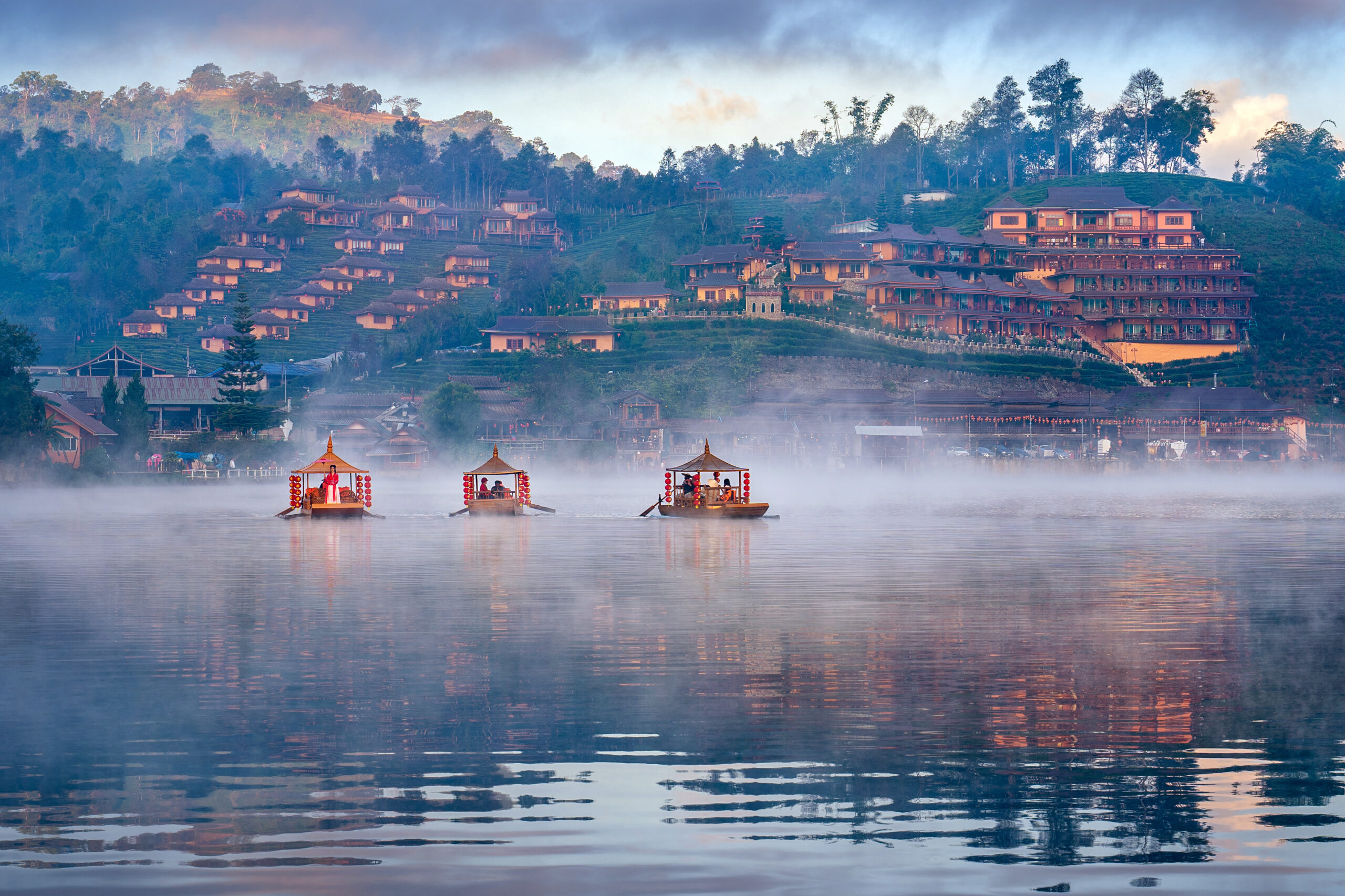Lord Pashupatinath is one of the most revered deities in Hinduism, symbolizing supreme power, compassion, and the eternal cycle of life and death. As an incarnation of Lord Shiva, Pashupatinath is worshipped as the protector of all living beings, or “Pashus.” His presence is deeply embedded in Hindu spiritual practices, rituals, and beliefs, making him a central figure of devotion for millions of followers worldwide.
Historical and Mythological Importance
The Pashupatinath Temple in Kathmandu, Nepal, is one of the holiest shrines dedicated to Lord Shiva. This UNESCO World Heritage site is believed to have existed for centuries, with records dating back to at least 400 AD. According to legend, Lord Shiva once took the form of a deer and roamed freely in the forests of Kathmandu Valley. When the gods recognized him, they tried to bring him back to his divine form, but Shiva, reluctant to leave, left behind his horn, which later manifested as the sacred Shiva Lingam at Pashupatinath.
Another significant belief is that Lord Pashupatinath watches over the entire universe and blesses his devotees with protection, liberation, and spiritual awakening. The temple serves as a sacred pilgrimage site for Hindus, drawing millions of devotees, especially during Maha Shivaratri, Teej, and other religious festivals.
Spiritual Importance
Lord Pashupatinath represents the balance between destruction and creation. Devotees believe that worshipping him helps cleanse their past sins and grants them peace and liberation (moksha). The rituals performed at the temple, including daily prayers, Rudrabhishek, and cremation rites along the Bagmati River, emphasize the Hindu philosophy of life, death, and rebirth.
In Hindu tradition, chanting the powerful Maha Mrityunjaya Mantra or offering prayers to Pashupatinath is believed to provide strength, remove obstacles, and lead one toward enlightenment. The deity’s presence is not limited to Nepal alone—temples dedicated to Pashupatinath exist in India and other parts of the world, showing the widespread devotion to his divine power.
Global Devotion to Lord Pashupatinath
While the Pashupatinath Temple in Nepal remains the most sacred site for Shiva devotees, the reverence for Lord Pashupatinath extends far beyond. Many Nepalese and Hindu communities around the world have established temples, cultural centers, and religious organizations to honor and worship him. These places serve as a spiritual and cultural hub for devotees, allowing them to stay connected to their roots, traditions, and religious practices.
With increasing global awareness and devotion, temples and spiritual centers dedicated to Lord Pashupatinath continue to emerge, fostering a deeper understanding of Hindu spirituality. Many devotees, irrespective of their nationality, visit Nepal to seek the blessings of Pashupatinath, reinforcing the belief that his divine presence transcends borders.
Conclusion
Lord Pashupatinath holds an irreplaceable position in Hinduism, representing both the ultimate protector and the divine force of transformation. His temple in Kathmandu stands as a beacon of faith, attracting pilgrims, saints, and seekers from around the world. Through rituals, prayers, and unwavering devotion, his followers continue to honor his legacy, preserving the deep spiritual connection that unites Hindus across generations and geographies.




